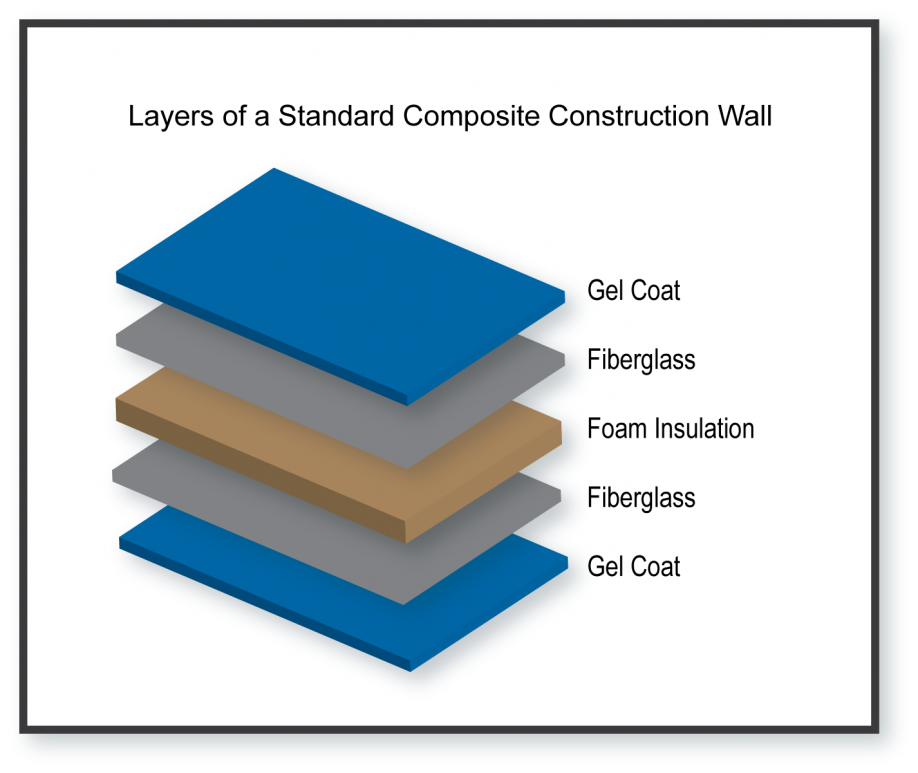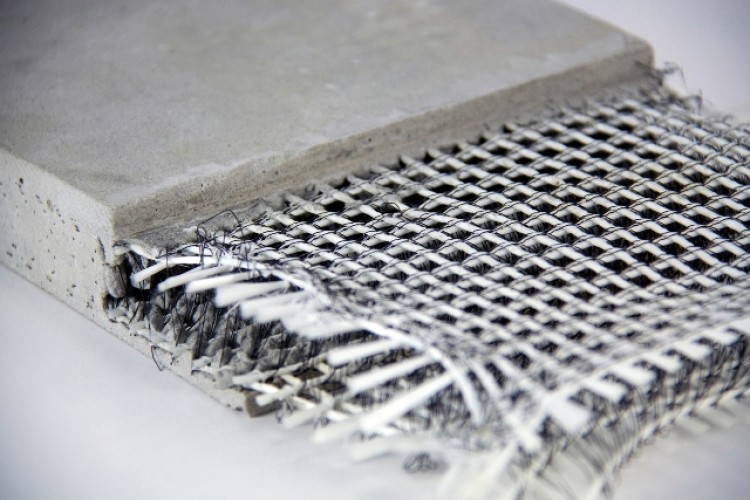Cutting-edge Composites in Modern Structure Projects
Exploring the Uses and Advantages of Recycled Composites in Modern Industries
In today's swiftly advancing commercial landscape, the application of recycled composites has amassed enhancing interest for its possible to redefine conventional manufacturing techniques. The amalgamation of recycled materials with sophisticated composite innovations presents a promising opportunity for improving sustainability, resilience, and cost-efficiency throughout various fields. As sectors seek cutting-edge options to resolve ecological concerns and improve functional performances, the unification of recycled compounds becomes an engaging alternative. This change in the direction of lasting practices not only straightens with worldwide conservation initiatives yet also provides a myriad of advantages that hold the secret to forming the future of modern manufacturing techniques.
Environmental Advantages of Recycled Compounds
The utilization of recycled compounds in modern sectors supplies considerable ecological advantages, adding to the decrease of waste and the conservation of natural deposits. By integrating recycled compounds right into making processes, sectors can reduce their reliance on virgin products, thereby decreasing the amount of waste generated and the energy needed for removal and production. This shift towards using recycled composites helps in diverting products from landfills, reducing the problem on waste management systems, and lowering greenhouse gas emissions associated with conventional production practices.
Additionally, making use of recycled composites advertises the conservation of natural deposits such as hardwood, minerals, and water, which are usually depleted through the extraction and handling of basic materials (composites). By expanding the lifespan of materials with recycling, industries can aid maintain ecological communities and biodiversity by lowering the need for new resources. Overall, the adoption of recycled composites in modern sectors plays a vital duty in promoting sustainability and minimizing the ecological impact of manufacturing procedures
Improved Durability in Item Manufacturing
With a focus on longevity and effectiveness, including recycled composites right into product production processes boosts longevity and sustainability. By utilizing recycled composites, manufacturers can develop products that are not only solid but likewise immune to damage, making them optimal for lasting usage in different markets. The mix of various materials in recycled compounds can usually result in improved strength and longevity compared to typical products, offering a cost-efficient service for creating durable products.
One of the essential benefits of making use of recycled composites in product production is the capability to customize the product residential properties to fulfill details durability demands. By adjusting the make-up and production strategies, makers can personalize the recycled compounds to stand up to harsh environmental problems, heavy tons, or frequent use without compromising on efficiency. This versatility in layout and manufacturing permits for the development of very durable products that preserve their honesty with time, decreasing the need for frequent substitutes and inevitably adding to a much more lasting production procedure.
Cost-Effectiveness and Economic Benefits
Integrating recycled composites into product production not just boosts resilience and sustainability yet also offers substantial cost-effectiveness and economic benefits. Using recycled composites can lead to reduced product expenses as recycled products are frequently less costly than virgin materials. In addition, recycling composite materials can lower garbage disposal expenses and lower the requirement for land fill area, adding to general expense savings for markets.

Technology and Style Versatility With Recycled Composites
Using recycled image source composites in modern-day markets supplies unmatched possibilities for innovation and design versatility. By including recycled products right into composite manufacturing processes, companies can push the limits of typical layout restrictions and check out new opportunities. The flexibility of recycled compounds enables the creation of intricate forms and frameworks that could not be achievable with traditional products.
One of the crucial benefits of recycled compounds is their capability to be built right into various types, offering designers the liberty to try out unique forms and sizes. composites. This versatility opens a world of creative opportunities, allowing the development of lightweight yet long lasting items that fulfill the particular needs of various sectors
In addition, using recycled composites advertises sustainable methods and sustains the round economic climate by reducing waste and lessening the ecological effect of producing processes. This concentrate on environment-friendly layout options aligns with the expanding pattern in the direction of sustainability in modern markets, making recycled composites an important resource for forward-thinking and ingenious firms.
Applications Throughout Different Industries
Recycled composites discover impactful and diverse applications across a wide variety of industries due to their distinct residential properties and sustainability benefits. The aerospace industry benefits from recycled compounds in the production of airplane parts, where the products' strength-to-weight ratio is vital for making certain safety and efficiency. The versatility and sustainability of recycled composites make them valuable across numerous sectors, driving development and environmental stewardship.
Verdict
To conclude, the utilization of recycled compounds in contemporary industries uses substantial ecological benefits, enhanced resilience in item production, cost-effectiveness, and economic benefits. Additionally, the use of recycled composites enables development and design flexibility throughout various sectors. In general, the adoption of click here to find out more recycled compounds presents a sustainable and practical option for fulfilling the demands of the sector while also reducing environmental effect.

One of the essential benefits of making use of recycled compounds in item manufacturing is the capability to customize the material residential properties to fulfill details resilience needs. Making use of recycled compounds can lead to decreased discover here material prices as recycled products are commonly less costly than virgin products. The aerospace sector advantages from recycled composites in the manufacturing of airplane components, where the products' strength-to-weight ratio is important for making certain security and performance.